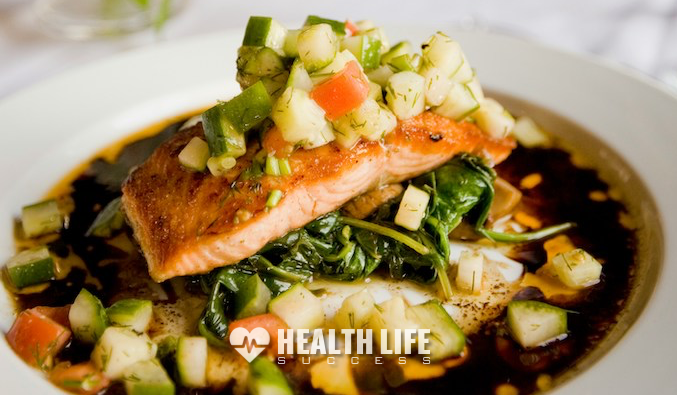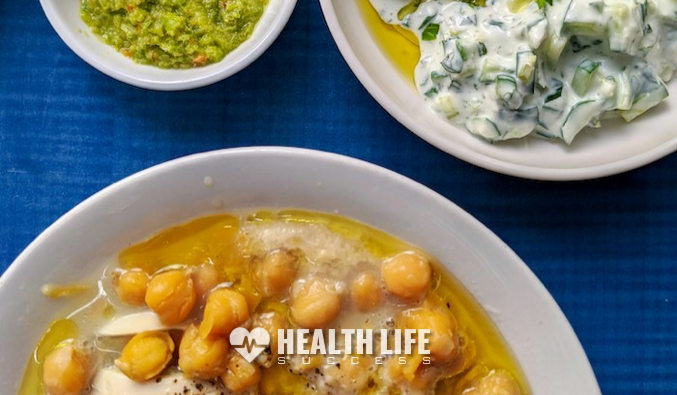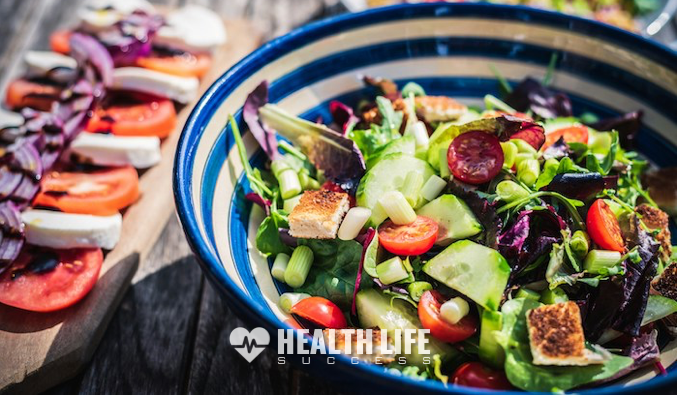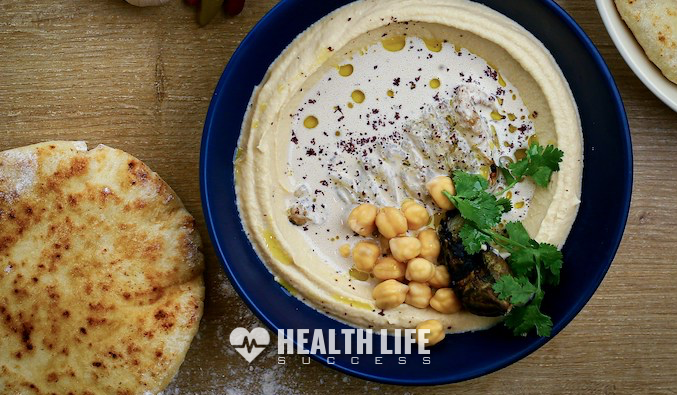Unlock the Power of the Mediterranean Diet Breakfast
Optimizing Your Morning with the Mediterranean Approach
The Mediterranean diet has gained widespread recognition as one of the healthiest and most sustainable eating patterns worldwide. As we embrace the start of a new day, incorporating the principles of the Mediterranean diet into our breakfast routine can be a delightful and nourishing way to fuel our mornings.
In this comprehensive guide, we’ll explore the benefits of the Mediterranean diet, uncover the key staples for a Mediterranean-inspired breakfast, and share mouthwatering recipe ideas to kickstart your day with vibrant flavors and optimum nutrition.
Understanding the Pros and Cons of the Mediterranean Diet

The Mediterranean diet is renowned for its emphasis on plant-based foods, healthy fats, and moderate protein intake. Let’s delve into the advantages and potential challenges of this dietary approach:
Pros:
- Rich in Nutrient-Dense Foods: The Mediterranean diet places a strong focus on fruits, vegetables, whole grains, legumes, and nuts, providing a wealth of essential vitamins, minerals, and antioxidants.
- Healthy Fats for Heart Health: Instead of relying on saturated fats, the Mediterranean diet prioritizes unsaturated fats like those found in olive oil, avocados, and fatty fish, which can help lower cholesterol and reduce the risk of heart disease.
- Balanced Protein Sources: The Mediterranean diet incorporates lean proteins such as fish, poultry, and eggs, as well as plant-based protein from legumes and nuts, supporting muscle growth and repair.
- Potential Cardiovascular Benefits: Moderate consumption of red wine, a hallmark of the Mediterranean lifestyle, may offer some cardiovascular benefits due to its polyphenol content.
Cons:
- Limiting Processed Foods: The Mediterranean diet generally excludes highly processed, sugary, and fatty foods, which can be a significant shift for individuals accustomed to a Western-style diet.
- Portion Control: While the Mediterranean diet emphasizes nutrient-dense foods, overconsumption of high-calorie ingredients like nuts, olive oil, and cheese can lead to weight gain if not properly monitored.
- Dining Out Challenges: Adhering to the Mediterranean diet may be more challenging when dining out, as many restaurants serve dishes higher in saturated fats, sodium, and processed ingredients.
Embracing the Mediterranean Breakfast Staples

The foundation of a Mediterranean-style breakfast is built upon a variety of nutrient-rich ingredients that provide sustained energy and nourishment throughout the morning. Let’s explore the key staples:
- Whole Grains: Whole wheat bread, oats, and quinoa are excellent sources of complex carbohydrates, fiber, and slow-release energy.
- Fresh Produce: Fruits and vegetables, such as berries, citrus, tomatoes, and leafy greens, offer a vibrant array of vitamins, minerals, and antioxidants.
- Healthy Fats: Olive oil, nuts, and seeds supply heart-healthy monounsaturated and polyunsaturated fats.
- Lean Proteins: Eggs, Greek yogurt, and cottage cheese provide high-quality protein to support muscle maintenance and repair.
- Dairy in Moderation: Yogurt and cheese contribute calcium and probiotics in a balanced manner.
Delectable Mediterranean Breakfast Recipes

With these Mediterranean breakfast staples in mind, let’s explore some mouthwatering recipe ideas that will have you eagerly anticipating your morning meal:
- Overnight Oats with Berries and Nuts: Soak rolled oats in a blend of milk, yogurt, and honey, then top with fresh berries and chopped nuts for a nutrient-dense and make-ahead breakfast.
- Avocado Toast with Mediterranean Toppings: Start with a slice of whole wheat bread, mash creamy avocado, and finish with sliced tomatoes, crumbled feta, and a drizzle of olive oil.
- Greek Yogurt Parfait with Granola and Fruit: Layer Greek yogurt with crunchy granola and a colorful medley of fresh fruits, such as kiwi, pomegranate seeds, and sliced apples.
- Mediterranean Breakfast Bowl: Build a nourishing bowl with quinoa or brown rice, sautéed spinach, roasted bell peppers, chickpeas, and a poached egg, topped with a drizzle of olive oil and a sprinkle of feta cheese.
Unlocking the Benefits of a Mediterranean Breakfast

By embracing the principles of the Mediterranean diet for your morning meal, you can unlock a wealth of health benefits to power your day:
- Improved Heart Health: The emphasis on healthy fats, plant-based foods, and lean proteins can help support cardiovascular function and reduce the risk of heart disease.
- Weight Management: The nutrient-dense and satisfying nature of Mediterranean breakfast dishes can contribute to a balanced caloric intake and support weight management efforts.
- Enhanced Energy and Focus: The combination of complex carbohydrates, protein, and healthy fats in Mediterranean breakfast meals provides sustained energy and mental clarity throughout the morning.
- Gut Health and Immunity: The inclusion of probiotic-rich yogurt and fiber-rich fruits and vegetables can promote a healthy gut microbiome and strengthen the immune system.
Conclusion: Embrace the Mediterranean Lifestyle One Breakfast at a Time

By incorporating the Mediterranean diet principles into your morning routine, you can unlock a world of vibrant flavors, nourishing ingredients, and lasting health benefits.
Start your day the Mediterranean way and experience the transformative power of this time-honored approach to eating and living.
Embark on your journey towards a healthier and more fulfilling morning by trying out the delectable Mediterranean breakfast recipes shared in this guide.
As you cultivate this Mediterranean-inspired lifestyle, you’ll not only enjoy a delightful breakfast but also foster a deeper appreciation for the traditions and wellness-focused mindset of the Mediterranean region.
Mediterranean Diet Cheat Sheet!
- Fruits: Apples, oranges, grapes, strawberries, bananas, figs, melons, etc.
- Vegetables: Spinach, kale, tomatoes, cucumbers, onions, peppers, broccoli, etc.
- Whole Grains: Brown rice, quinoa, whole grain bread, barley, oats, whole wheat pasta, etc.
- Legumes: Lentils, chickpeas, beans (kidney beans, black beans, etc.), peas, etc.
- Nuts and Seeds: Almonds, walnuts, sunflower seeds, flaxseeds, chia seeds, etc.
- Healthy Fats: Olive oil, avocados, olives.
- Fish and Seafood: Salmon, sardines, trout, shrimp, tuna, mackerel, etc.
- Poultry: Chicken, turkey.
- Dairy: Greek yogurt, cheese (in moderation).
- Herbs and Spices: Basil, oregano, mint, rosemary, garlic, cinnamon, etc.
Remember, the Mediterranean diet emphasizes whole, minimally processed foods, and encourages plenty of fruits, vegetables, nuts, and olive oil. It limits red meat, processed foods, and added sugars. If you need further guidance or have specific dietary requirements, it’s always best to consult with a healthcare professional or a registered dietitian.


